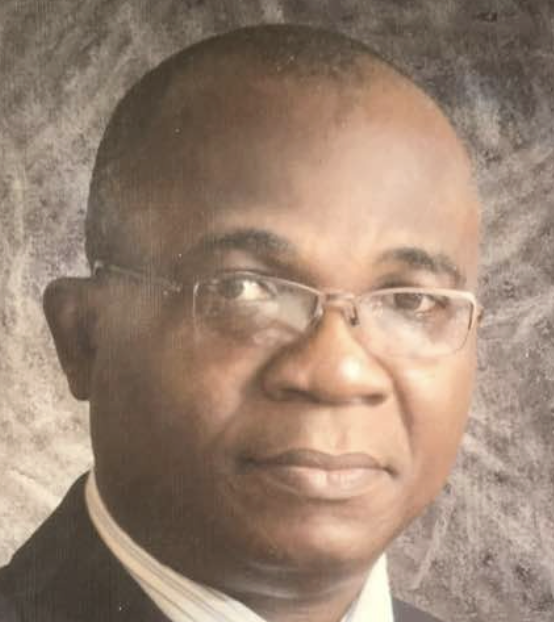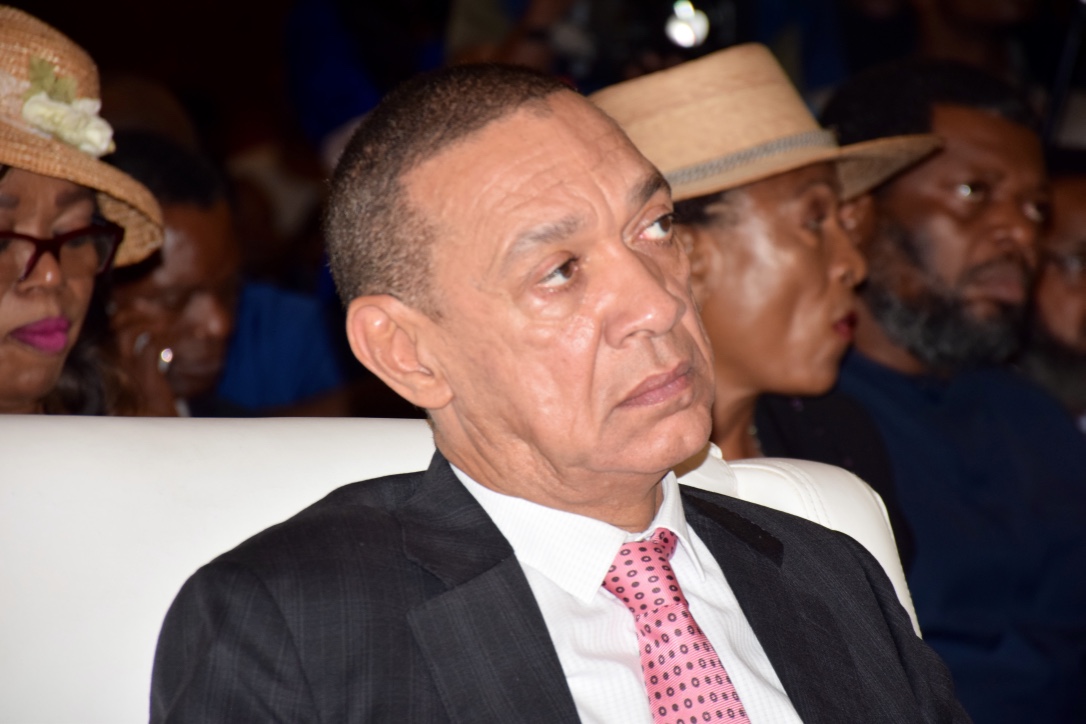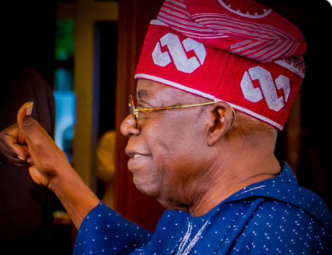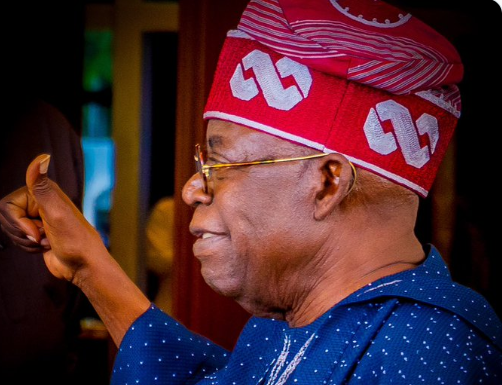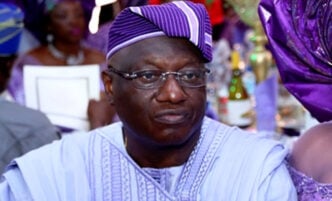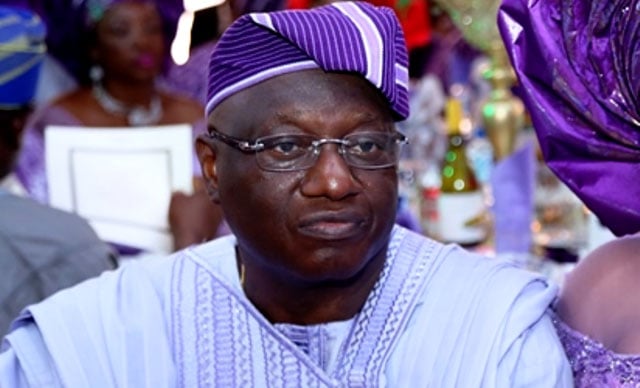Nigerian youths
Nigeria is living through the most youth-rich era in its history. More than half of our citizens are under 30, and the median age is barely eighteen. Each year, more than four million young Nigerians step into the labour market, educated or semi-skilled, digitally connected and ambitious. Politicians and development agencies call this a “youth bulge,” a phrase that signals either an extraordinary demographic dividend or a ticking time bomb.
For more than two decades, successive governments have tried to “empower” this generation. We have seen job creation schemes, entrepreneurship hubs, digital skills bootcamps, vocational training centres and social investment programmes launched with great fanfare. The language of empowerment has become ubiquitous. Yet one decisive element has been neglected, an omission that undermines every other effort: the deliberate cultivation of character.
We have acted as though skills and capital alone could shape destiny. Teach a young person to code, give them a grant or a business plan, and success will surely follow. But reality tells a different story. A 2023 review of Nigeria’s flagship N Power programme found that more than 30% of participants were unemployed a year after completing their training, a sobering reminder that skills alone do not guarantee transformation. Many drift quietly back into the informal economy. Others, technically gifted, use their ingenuity for cybercrime, political thuggery or sophisticated scams. We are producing talent often without a moral compass, an engine without brakes on a treacherous road.
It was not always so. Earlier generations, while far from perfect, built more intentional scaffolding for the moral life. Nigerian children joined the Boys Scout movement, the Boys Brigade, the Girl Guides and the Brownies. These organisations did more than provide uniforms and parades; they taught duty, service, teamwork and honour. Communities also rooted children in indigenous philosophies such as the Yoruba Omoluabi ethos, which prizes integrity, respect, courage, hard work and responsibility to the common good. Beyond neighbourhood and classroom, the state itself invested in shaping citizens.
Advertisement
The Citizenship and Leadership Training Centre, once vibrant and respected, offered young people rigorous outdoor challenge, civic instruction and leadership development aimed at producing disciplined, service-minded Nigerians. These structures were neither perfect nor flawless, but they offered shared expectations of conduct and belonging.
Over time, they weakened or collapsed. Youth groups became underfunded or politicised, community mentorship frayed, the Citizenship and Leadership Training Centre faded into neglect, and the moral frameworks that once anchored behaviour were crowded out by the relentless pressure of economic hardship and the allure of quick wealth. In that vacuum, cynicism and the seduction of shortcuts flourished.
Some will say this focus on character is a luxury in a country where millions hunger for work and food. Yet the opposite is true. A deficit of character destroys the very table on which bread and jobs should be served. Corruption, Nigeria ranked 154th out of 180 countries in Transparency International’s 2022 index, adds punishing risk premiums to investing and drives up the cost of doing business. Public funds meant to create opportunity are misallocated or stolen. Fraud and corner-cutting deter entrepreneurs and kill small businesses before they scale. Jobs and food do not grow where trust has withered.
Advertisement
Others ask who gets to define character, worried it could become a weapon for religious or political control. The answer must be civic and secular. This is not about enforcing a single creed; it is about the pragmatic virtues any modern society and economy requires: integrity, personal responsibility, respect for the rule of law and service to the community. These are not nostalgic relics; they are the operating system of prosperity.
The cost of ignoring this is already visible. Economically, innovation falters where dishonesty is normalised and investment is deterred. Socially, the lack of shared ethical ground deepens tribal suspicion and online hostility. Insecurity thrives as alienated, underemployed young people become easy recruits for criminal networks, violent extremism or cyber fraud. Leadership pipelines corrode when bright but ethically hollow graduates move into politics, the civil service and business without the backbone to resist patronage and corruption. A society cannot innovate or hire its way out of a moral deficit; every naira spent on training that ignores values risks fuelling the dysfunction it hoped to solve.
Other nations have understood this. Singapore, in its industrial rise, embedded civic education, national service and meritocratic ethics into schooling. Rwanda rebuilt unity, responsibility and service after the genocide, pairing skills with moral nation building. South Korea and Taiwan, during their rapid transformation decades, coupled technical training with social discipline and shared ethos. They knew that values, discipline and civic responsibility were not luxuries but competitive advantages.
Nigeria, by contrast, has allowed its youth strategy to become fragmented and transactional: a coding bootcamp here, a cash transfer there, a microloan elsewhere. Without a unifying moral and civic framework, these interventions risk producing disappointment or even weaponising talent for destructive ends. The same ingenuity that builds fintech unicorns can just as easily fuel scams; the same digital fluency that drives social change can destabilise democracy.
Advertisement
Reversing this trajectory will require deliberate, coordinated action. Education must once again teach civic ethics and personal integrity as rigorously as algebra or software development. From the first years of schooling to university graduation, students should wrestle with real-world dilemmas of honesty, service and leadership. National service can be reimagined so the NYSC becomes a true capstone year of ethical formation and nation building, combining community assignments with structured modules on integrity, entrepreneurship and civic dialogue.
The cultural sphere, especially digital media where young Nigerians live, can make honesty and service aspirational rather than quaint. Compelling YouTube series, TikTok shorts and Instagram campaigns can celebrate honest achievement and debunk the glamour of fraud. The private sector must participate, integrating values into internships and graduate programmes, rewarding transparency and demanding ethical supply chains. And government, above all, must lead: not through sermons, but through policy that revives and modernises youth movements, breathes life back into institutions like the Citizenship and Leadership Training Centre, reclaims indigenous moral frameworks such as Omoluabi, ties public funding to responsible practice and uses its voice to celebrate integrity as a national virtue.
Nigeria is at a demographic tipping point. Each year, millions more join a labour market that cannot fully absorb them. Technology multiplies the stakes: a digitally skilled but ethically untethered generation can hack, scam or manipulate at unprecedented scale. We already see the warning signs in the rise of Yahoo Yahoo, election violence, cultism and the quiet exodus of talent abroad. A generation convinced that success lies only in fast wealth or escape weakens the very nation that raised it.
If we continue with a purely technical approach, coding bootcamps without conscience, grants without grit, skills without soul, we will spend billions and still inherit fragility. But if we reclaim the moral infrastructure we once possessed, modernise it for today’s realities and embed it within education, service, culture and enterprise, we can turn our youth bulge from a source of anxiety into the foundation of prosperity.
Advertisement
Nigeria’s young people are capable, creative and hungry for opportunity. Opportunity without a moral compass is combustible. If we want this generation to become a dividend rather than a disaster, character must be treated as a national development priority every bit as urgent as jobs and technology. Skills alone will not save us. Skills without soul can undo us.
Rear Admiral Kenneth Bolanle Ati-John (Rtd) served in the Nigerian Navy for over three decades. He is currently the CEO at Advantec Marine Services Limited.
Advertisement
Views expressed by contributors are strictly personal and not of TheCable.
